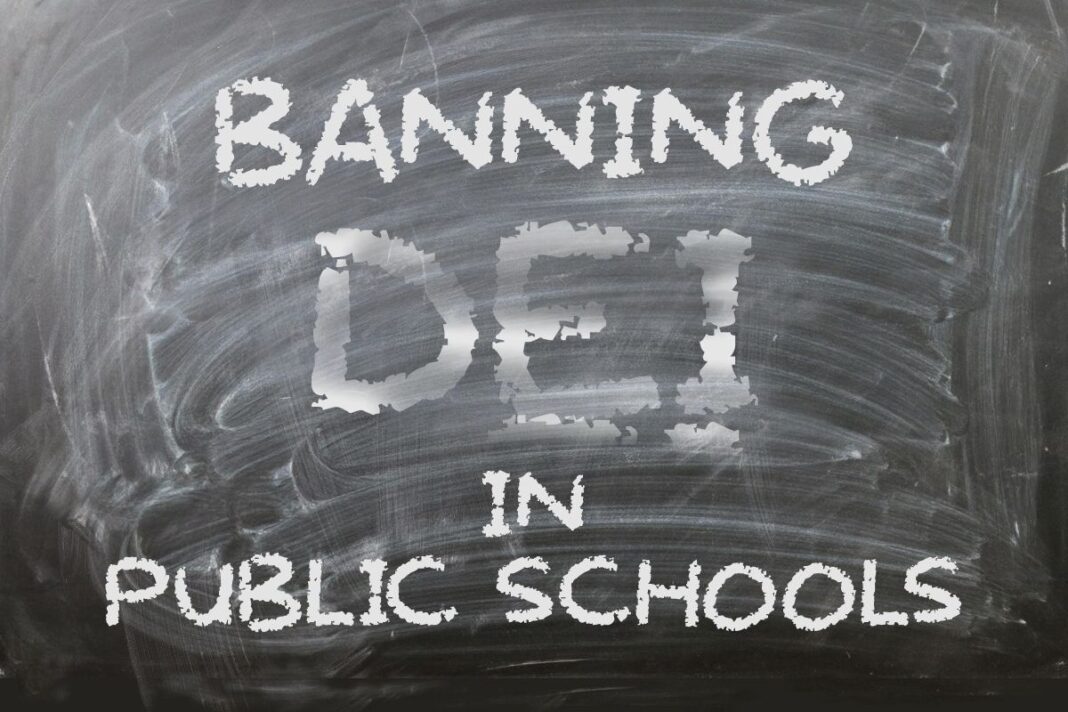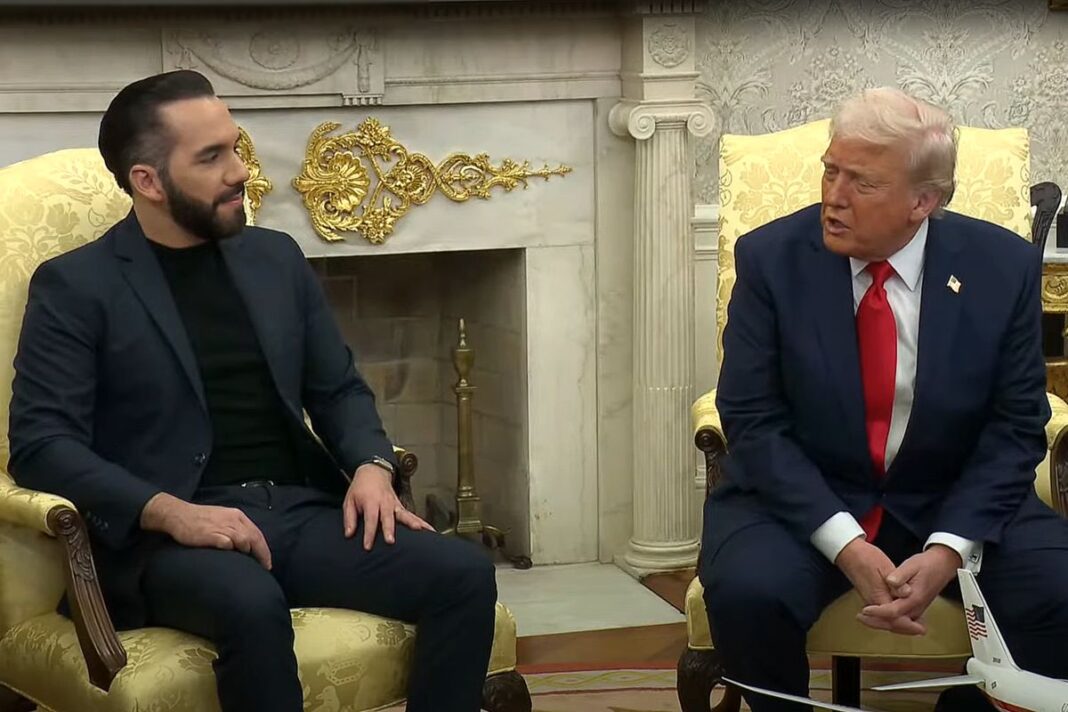Low-income rural districts that publish DEI statements required by state law but don’t necessarily engage in the practices are caught in the crossfire.
Several blue states have joined New York in resisting federal efforts to end diversity, equity, and inclusion (DEI) programs in public schools.
Leaders in California, Minnesota, New York, Oregon, Wisconsin, and Washington said they wouldn’t provide a signed statement to the federal government by an April 24 deadline to certify compliance with President Donald Trump’s executive order prohibiting practices such as diversity training, affinity groups by race and gender, preferential hiring practices by race, and classroom curricula that include progressive ideologies such as critical race theory.
The federal correspondence sent to state education agencies asked leaders to report back on behalf of all their school districts. New York was the first state to dismiss the request, and the other states followed suit last week.
“There is nothing in state or federal law—including Title VI—that outlaws the broad concepts of ‘diversity,‘ ‘equity,’ or ’inclusion,’” David Schapira, California Department of Education deputy superintendent, wrote in an April 11 letter to school districts.
States and districts that don’t comply risk losing federal education funding in accordance with Civil Rights law and a 2023 Supreme Court decision banning racial preferences in college admissions, the federal letter states.
It’s unclear where other states stand in this process. The Department of Education informed The Epoch Times that Puerto Rico, a U.S. commonwealth, had complied with the order, but the agency had not reported updates by state.
The New Hampshire Department of Education’s website updates certification compliance by district.
Rural districts in states that oppose the order are caught in the crossfire. Many depend on higher percentages of federal Title 1 funding than urban districts because they serve low-income student populations and don’t have a strong property tax base.
School officials said these districts have DEI statements on their websites in accordance with state laws put in place years ago, but they don’t necessarily engage in affinity groups for minority teachers or students or mandate culturally inclusive instruction practices.






